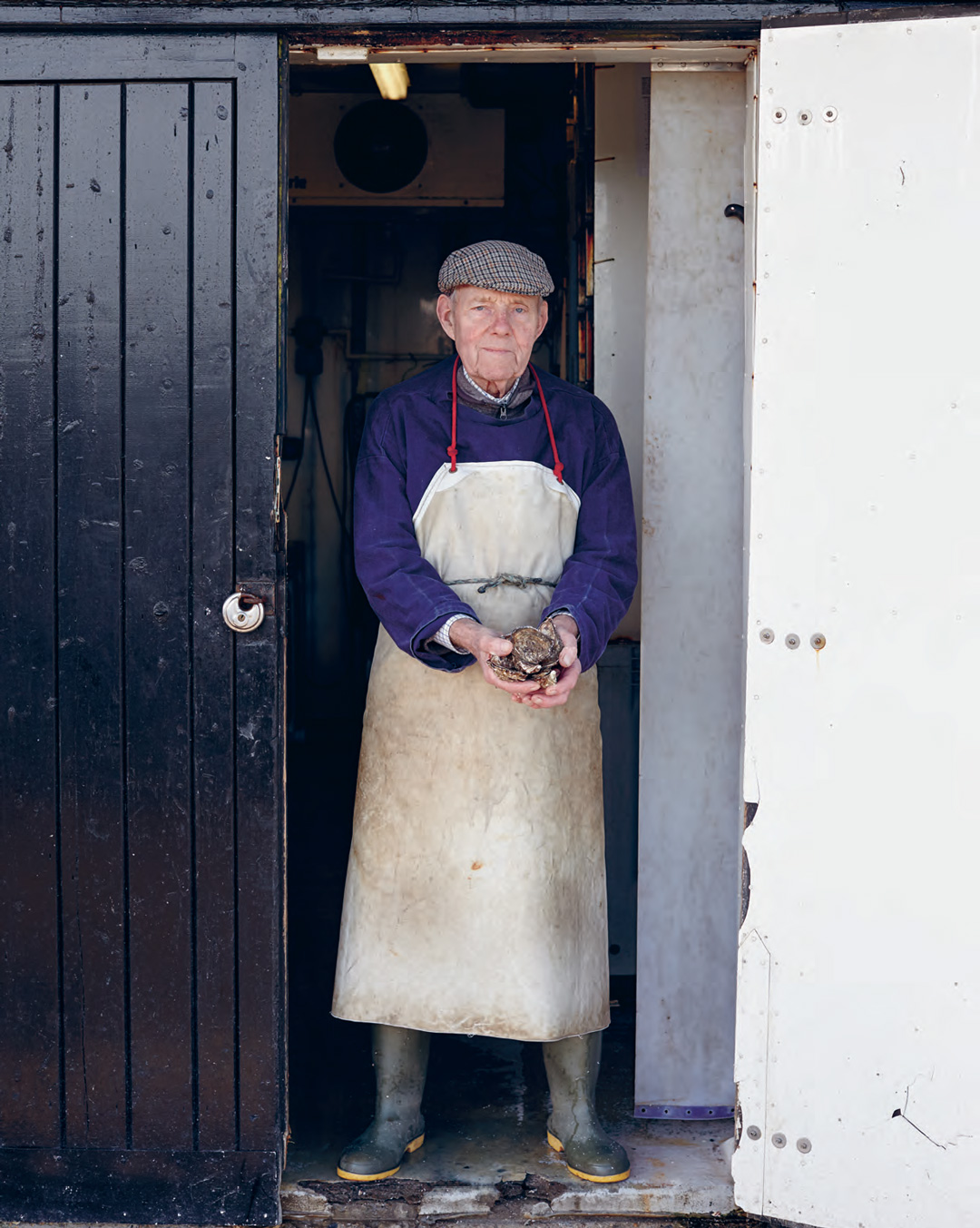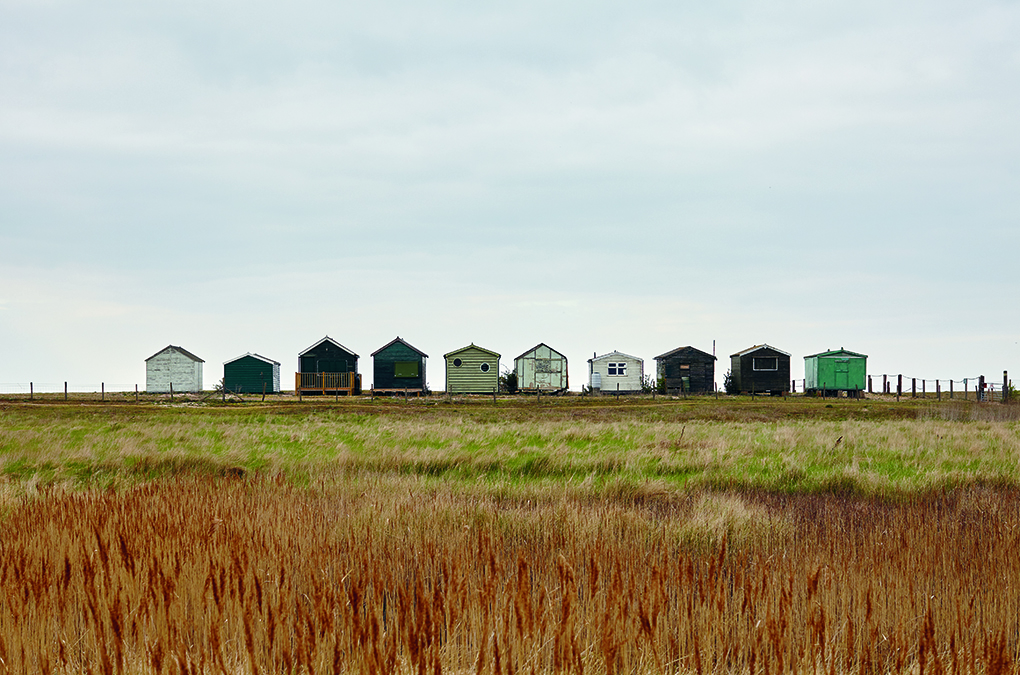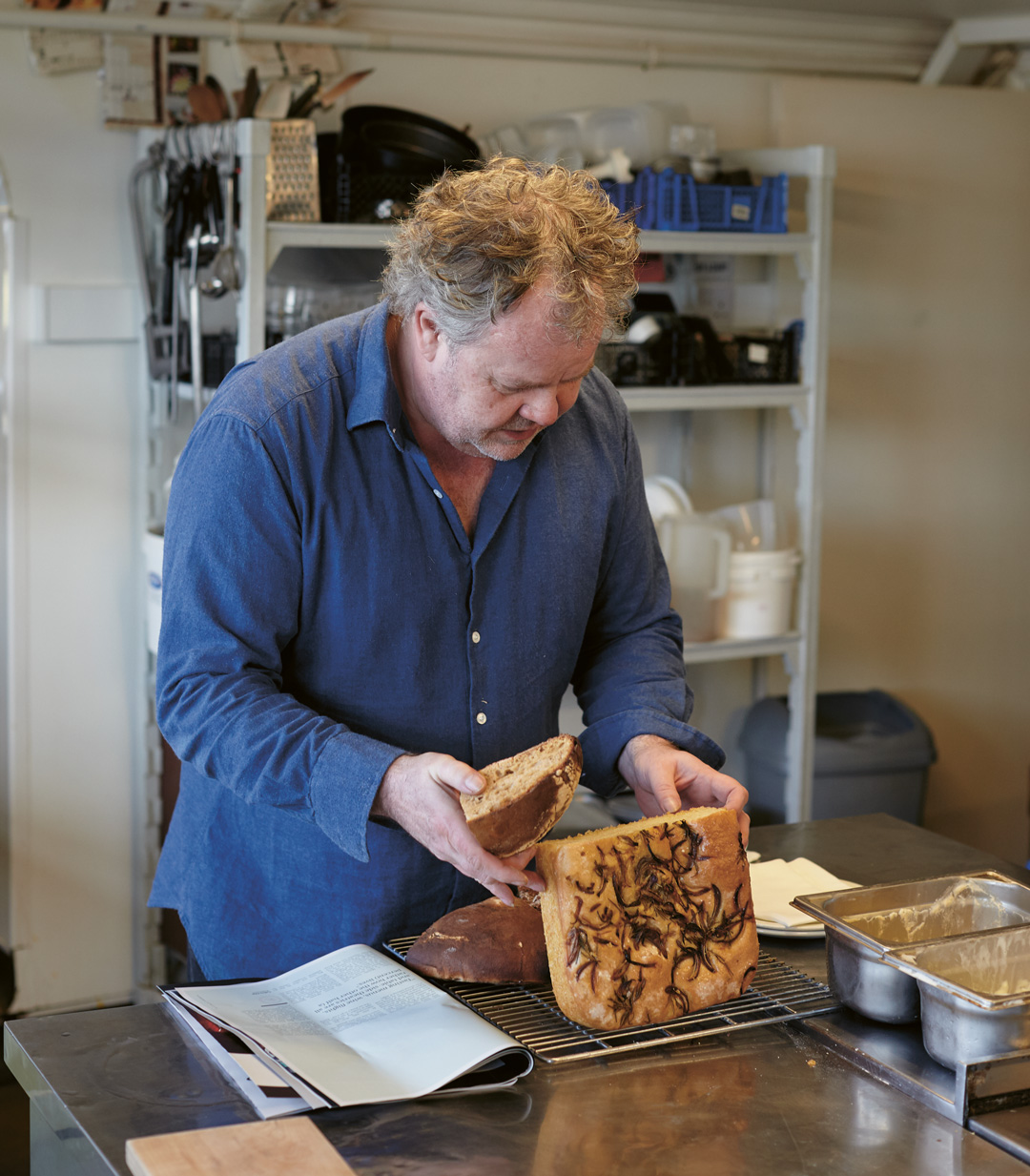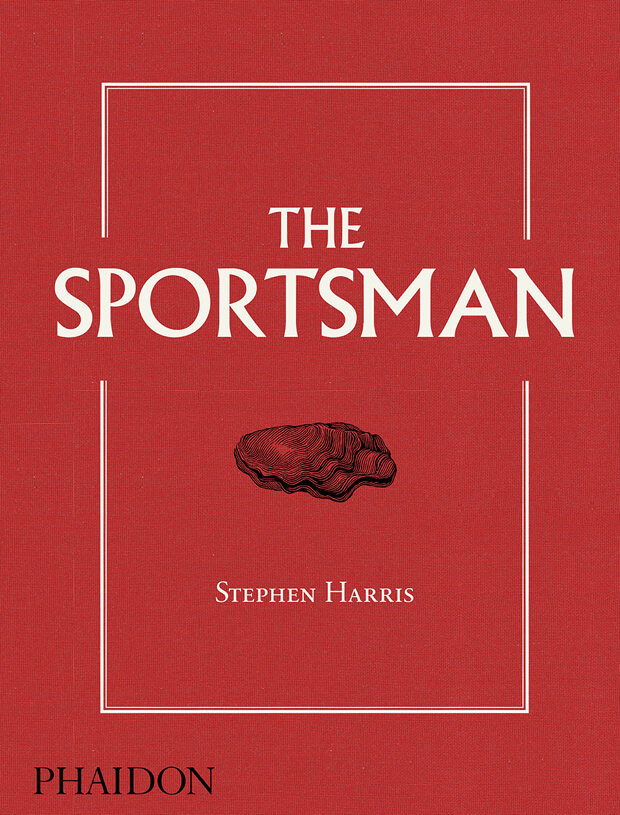
The Sportsman’s winning ingredients: History
How times past and historical techniques enabled Stephen Harris to turn a grotty pub into a team GB champion
Stephen Harris, the patron-chef of the award-winning restaurant The Sportsman, on England’s Kent coast, didn’t go to catering college. He studied history at Kings College, London, took a job as a history teacher immediately after graduating, and a love of the past and an appreciation of historical cooking techniques still informs his cooking.
In his new book, also called The Sportsman, Harris notes that the earth mounds that dot the surrounding countryside were once old salt works, where the locals extracted sea salt from the nearby waters. Harris also points out that the area was regarded as the Canterbury Cathedral ‘larder’, producing fish and meat for the Archbishop. In 1793, an act of parliament created nearby Whitstable’s co-operative oyster company, contributing to the town’s wealth and fierce independence. Harris also reveals that his local lamb supplier, Monkshill farm, had been cultivating the land near The Sportsman for around 1,000 years.

However, none of these individual facts has influenced the way Harris cooks as much as a particular historical technique he learned while still an undergraduate. In the book, he describes the work of the Annalists, an early 20th century group of French historians who questioned the idea that the lives of old kings, queens and great men determined what was recorded in history, and instead chose to study anything that might throw new light on world events. “This became known as ‘Total History’”, he writes.

“They looked at things like the price of grain and how it was related to specific moments in time; they would look at paintings of market scenes to observe the changing fashions of the middle class and the static fashions of the peasants,” Harris goes on. “It changed the way history was studied and written, and has since been absorbed into the mainstream.
“In trying to explain what we do at The Sportsman I realise that we take a similar approach – when people ask what my style is, I can only think of calling it ‘total cooking’,” Harris explains. “We are constantly questioning our processes and trying new ideas, because it might make our food taste better.”
He might pick up old pork-curing or butter-churning techniques, just as readily as he’ll try modern, sous-vide cookery. “In the end,” he writes, “nothing else matters but the taste of the food we send out to customers.”

For more on this remarkable chef, his recipes and his restaurant order a copy of The Sportsman here.